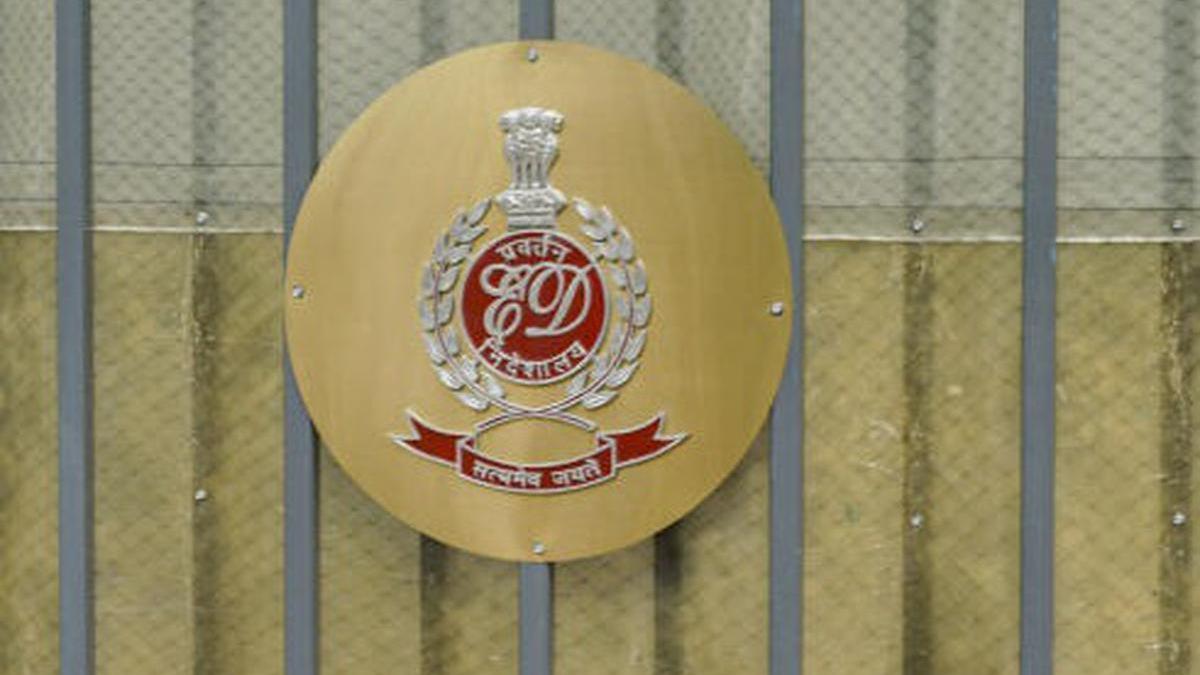ARTICLE AD BOX
Last Updated:October 30, 2025, 20:15 IST
The court concluded that the prosecution failed to establish a complete chain of evidence that unerringly pointed to the guilt of the accused

The SC directed that Mohamed Sameer Khan be released forthwith from the Central Prison, Coimbatore, if not required in any other case. FIle pic
The Supreme Court has acquitted Mohamed Sameer Khan, who had been convicted of the rape and murder of an 85-year-old woman in Coimbatore in 2016, holding that the prosecution failed to establish a continuous and credible chain of events linking him to the crime.
A bench of Justices Dipankar Datta and Augustine George Masih set aside the Madras High Court’s 2021 decision, which had upheld Khan’s conviction and life sentence imposed by the trial court under Sections 302 (murder), 376 (rape), 394 (robbery), and 449 (house trespass) of the Indian Penal Code.
“The chain of events being sought to be projected is laden with deficiencies creating significant gaps, leading to other possible hypotheses," the court said, adding that the case rested entirely on circumstantial evidence with no direct or forensic link connecting the accused to the crime.
The incident dates back to December 19, 2016, when the 85-year-old victim, who lived alone in her house opposite her daughter’s residence, was found dead with a towel around her neck. Two gold bangles were reported missing from her hands, and the post-mortem confirmed that the victim had been sexually assaulted before being strangulated.
The Coimbatore police arrested Khan three days later, on December 22, 2016, based on the statement of a local witness who claimed that Khan had stayed at his house for a few days and left in a hurry around 3 am on the night of the incident after attending a birthday party. The trial court convicted him, and the High Court upheld the judgment, relying on this and other circumstantial links.
However, on examining the evidence, the Supreme Court found the prosecution’s case “wholly unsatisfactory". The bench noted that no forensic material, such as blood, fingerprints, hair, or skin samples, was found to connect Khan with the victim, her belongings, or the crime scene. “Merely because the medical evidence proves the unfortunate loss of life would not be enough to convict a person since he happened to be in the vicinity," the court observed.
It further emphasised that in cases resting on circumstantial evidence, if two views are possible, one pointing to guilt and the other to innocence, the benefit must go to the accused.
The court also questioned the fairness and efficiency of the police investigation, noting the failure to record the statement of one Marcus, the person last seen with the accused on the night of the incident. The prosecution’s explanation that Marcus was “not a material witness" was rejected by the court as “strange", pointing out that his testimony could have clarified the timeline and whether Khan had the opportunity to commit the crime.
“This creates a doubt as he could be a suspect and, in any case, the person who would have indicated as to how long he and the appellant were together, throwing some light as to whether the appellant had the opportunity or time to go to the site of the incident," the court said.
The bench also found inconsistencies in the alleged recovery of the stolen gold bangles, noting that the prosecution’s claim that the accused was found carrying them two days later at 4 am was improbable. “It appears to be unreasonable that the appellant would be carrying the bangles with him at these odd hours… therefore, planting of the gold bangles upon the appellant cannot be ruled out, casting serious doubt upon the alleged recovery," the judgment said.
Further undermining the prosecution’s case, the court pointed out that witness testimonies were contradictory. One witness claimed Khan appeared nervous when seen near the crime scene, while another described him as calm. The bench said such inconsistency only reinforced the doubt about the prosecution’s narrative.
“In light of the fact that it has not come on record that the appellant was involved in any other offence anywhere, his calm and composed response… right after having committed a gruesome crime appears to be unnatural," the bench observed.
Concluding that the prosecution failed to establish a complete chain of evidence that unerringly pointed to the guilt of the accused, the court said, “Due to such missing links, a finding of guilt cannot be recorded. The benefit of doubt with regard to this must flow to the accused."
The bench directed that Mohamed Sameer Khan be released forthwith from the Central Prison, Coimbatore, if not required in any other case.

Sukriti Mishra, a Lawbeat correspondent, graduated in 2022 and worked as a trainee journalist for 4 months, after which she picked up on the nuances of reporting well. She extensively covers courts in Delhi.
Sukriti Mishra, a Lawbeat correspondent, graduated in 2022 and worked as a trainee journalist for 4 months, after which she picked up on the nuances of reporting well. She extensively covers courts in Delhi.
First Published:
October 30, 2025, 20:15 IST
News india No Forensic Link, Only Doubts: SC Frees Man Convicted Of 85-Year-Old’s Rape And Murder In Coimbatore
Disclaimer: Comments reflect users’ views, not News18’s. Please keep discussions respectful and constructive. Abusive, defamatory, or illegal comments will be removed. News18 may disable any comment at its discretion. By posting, you agree to our Terms of Use and Privacy Policy.
Read More

 2 hours ago
4
2 hours ago
4







 English (US) ·
English (US) ·